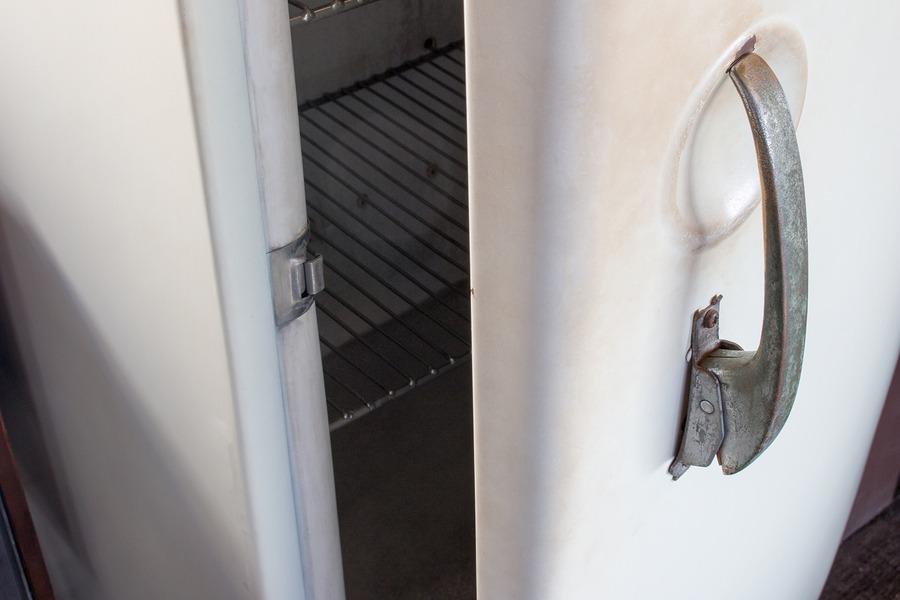Notifications

5 minutes, 31 seconds
-21 Views 0 Comments 0 Likes 0 Reviews

A refrigerator is one of the most essential appliances in any home. When it starts acting up, it can lead to food spoilage and unnecessary stress. Understanding common refrigerator problems and their solutions can help you troubleshoot issues quickly, avoid costly repairs, and extend the life of your appliance. In this guide, we’ll walk through frequent refrigerator issues, what causes them, and how to fix or prevent them.
Every refrigerator runs into problems at some point. The key is recognizing the symptoms early and knowing what to do. Below are the most common refrigerator problems people encounter:
Problem: One of the most common refrigerator problems is a fridge that’s running but not cooling.
Possible Causes:
Dirty condenser coils
Faulty evaporator fan
Broken thermostat
Blocked air vents
Solutions:
Clean the condenser coils at least twice a year.
Make sure nothing is blocking the air vents inside the refrigerator.
Test and replace a faulty thermostat if necessary.
If the evaporator fan isn’t running, it may need to be replaced.
Problem: If you notice water pooling under or inside your refrigerator, it’s time to investigate.
Possible Causes:
Clogged or frozen defrost drain
Cracked or damaged water supply line
Solutions:
Use warm water to flush out the defrost drain.
Inspect the water line for leaks or cracks and replace if needed.
Problem: A noisy refrigerator can be annoying and may indicate an internal issue.
Possible Causes:
Faulty evaporator or condenser fan motor
Loose or vibrating parts
Solutions:
Unplug the refrigerator and inspect the fans for debris or damage.
Tighten any loose screws or panels that may be vibrating.
Problem: If your ice maker suddenly stops producing ice, you’re not alone—this is a common refrigerator problem in many households.
Possible Causes:
Frozen water line
Faulty water inlet valve
Clogged filter
Solutions:
Check the water supply and thaw any frozen lines.
Replace the water filter if it’s clogged.
Test the inlet valve and replace it if it’s malfunctioning.
Problem: A refrigerator that never stops running wastes energy and may wear out parts faster.
Possible Causes:
Dirty coils
Improper temperature setting
Door not sealing properly
Solutions:
Clean the condenser coils.
Check the door gasket for cracks or gaps and replace it if needed.
Set the fridge temperature between 37°F and 40°F.
To reduce the likelihood of running into refrigerator problems and solutions, follow these simple maintenance tips:
Clean condenser coils regularly
Replace filters as recommended
Avoid overfilling the fridge
Check door seals monthly
Defrost when needed (if you have a manual defrost model)
Dealing with common refrigerator problems doesn’t have to be overwhelming. By understanding the typical issues and their causes, you can often handle basic repairs yourself or prevent them from happening altogether. Regular maintenance and prompt attention to signs of trouble can save you money and extend the life of your appliance.
Q: Why is my refrigerator warm but the freezer is cold?
A: This could be due to a blocked air vent between the freezer and fridge or a faulty evaporator fan.
Q: How often should I clean the condenser coils?
A: At least twice a year, or more frequently if you have pets that shed.
Q: What should I do if my fridge is leaking water inside?
A: Check the defrost drain—it may be clogged or frozen. Flushing it with warm water can usually solve the problem.
Q: Is it normal for a refrigerator to make noise?
A: Some noise is normal, but loud rattling or grinding could indicate a worn-out fan or motor.
Q: When should I call a professional?
A: If you’ve tried the basic fixes and the problem persists, it’s time to call in a professional technician.
common refrigerator problems refrigerator problems and solutions

